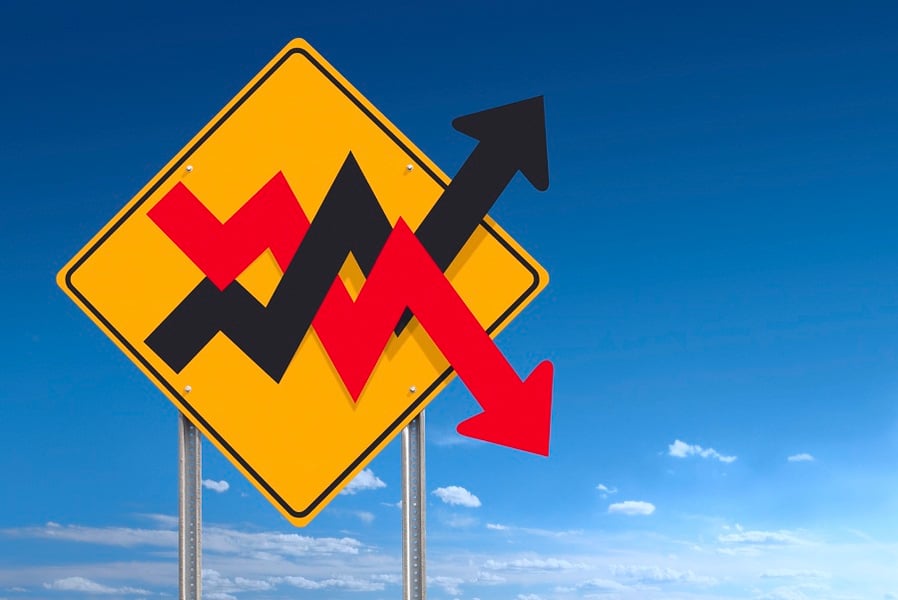In what could represent a new twist on investment crowdsourcing, the financial encyclopedia website Investopedia has started measuring online searches as a way to forecast activity in the financial markets.
Based on some relatively condensed back tests of four years, it appears that this somewhat bizarre, but somewhat logical, new gauge could be another indicator of looming
market volatility.
What makes it most interesting, and potentially most useful to financial advisers, is that the so-called
Investopedia Anxiety Index has shown a pattern of being a few steps ahead of the closely watched CBOE volatility index.
The VIX, commonly
dubbed the fear index, measures the option market's expectations for stock market volatility. Getting a step or two ahead of that could present a real advantage.
According to Investopedia's research over the four-year period through May, moving in and out of the S&P 500 Index based on extreme spikes in search activity on its site would have generated an annualized return of 15.6%.
Over that same period, moving in and out of the market based on spikes in the VIX would have produced an annualized gain of 13.3%
Just holding the S&P and riding out the market volatility over the period would have generated a 12.9% annualized return.
“We found that every time the VIX increased, the anxiety index peaked just prior to it,” said David Siegel, Investopedia chief executive.
The correlation is not perfect, nor would you want it to be, but the fact that it's this close makes it potentially valuable, at least until it is neutralized by normal market forces.
What makes this interesting is that the VIX is based on measurements of puts, calls, and various complex financial transactions, while the Investopedia index is based simply on people visiting a website to research financial definitions.
Even Mr. Siegel admits the index is a little outside the box, as market indicators go.
He said the idea for the index can be traced to the
Aug. 24, 2015 flash crash when Dow Jones Industrial Average surprisingly opened the day down 1,000 points.
“Our head of marketing noticed that certain sections of our website were going crazy with activity,” Mr. Siegel said. “We noticed the correlation to what's going on in the market, and then started to look at it as being causative data, because education happens before people take action.”
The next step was bringing on Saeed Amen, founder of Cuemacro to test the theories and correlations of a market indicator based on the activities of Investopedia's 23 million monthly visitors.
“You are measuring a different thing with the anxiety index, because you're measuring what people are searching in the market, and that makes it a bit of an anticipating effect,” Mr. Amen said.
He explained that the anxiety index proved most effective when used as a signal to sell when it spiked or dropped significantly below average ranges.
When the gauge was flat and in normal ranges, Mr. Amen said you want to be fully invested.
“You will still benefit from using the VIX, as well as being long only, but the anxiety index has a bit more alpha in it because it's less well-known and less used,” he said.
That last point is the part that would be expected to draw skeptics.
“The market itself is a crowdsourced sentiment measure which is why I find some of the sentiment measures to be a bit superfluous,” said Daniel Crosby, president of IncBlot Behavioral Finance.
“Asking someone how they are feeling or looking at their internet searches is one step removed from their choices they make with their money,” he added. “Measures like this end up being a copy of a copy of a copy of behavior.”
Both Mr. Siegel and Mr. Amen acknowledge one advantage of their fledgling anxiety index is that it hasn't yet been neutralized by the kind of volume that leads to market efficiencies.
Until that point, it could represent a small edge for advisers in a market where everybody is looking at the same thing.







